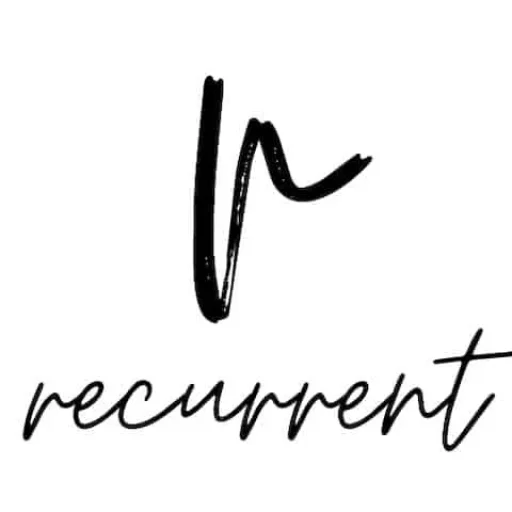A reverse budget is the process whereby the budgeter flips how they handle their allocation of money from being expenses first to savings first. It is also commonly known as the pay-yourself-first approach.
The Bible states in the book of Ecclesiastes that There is nothing new under the sun , and while this approach may seem appealing it does conjure up some concerns.
Firstly, let’s understand the general process of budgeting before we explore the new reverse budget process.
What is the normal budget process?
Back in the good old days before such things as bank accounts were common, people would use their own bucket or envelope-like system to keep money aside so that when the coming bill came they could easily pay it off.
For example, to keep the lights on we would need to be aware that our electricity bill is paid quarterly and if we were budgeting $300 for the next bill, we would start allocating a portion of our salary into that bucket so that when it finally arrives we have enough cash in the bucket to pay for it. And the lights stay on! (yay)
So herein lies the heart of a normal process when budgeting – we have money come in and we then allocate it out to keep in reserves waiting for the eventual charges to come. Anything we have left over at the end of a period, say a month or a quarter or a year, would then be allocated to investments and savings.
Therefore, in summary, we expenses are our first priority and then if we have anything left over we put it away towards our savings.
With that in mind, if we were to flip , or reverse , that process we would instead be allocating our salary into savings first and then pay our expenses second .
What are the pros and cons?
Savings takes primary focus
The benefits of this method is that savings become more a primary focus, rather than them being a secondary focus. Some times we can just forget about funds which sit dormant in transaction bank accounts not earning any interest whatsoever, where if they were busy earning something would could have a little something extra at the end of the every year.
What about emergencies?
So if we’re saving first and leaving the rest for daily expenses and bills, how are we prepared for those times when emergencies come?
Here you need to be careful with how your savings are distributed.
If you’ve decided to buy shares or plonk your funds into a long-term savings deposit, then fetching these funds out early or on the weekend (when the stock markets are closed) may cause issues.
To combat the unlikely emergency event you may want to strategise on holding funds in a “high” interest bearing account that would allow for funds to be easily transferred. Other options could be a credit card, but I tend to find if you give someone an inch with a credit card they will take it out for a mile and everything becomes an emergency!
Start small and automate
To give it a try the best way to start would be to automatically create recurring withdrawals from your main account (which receives your salary) and on your pay days to send a small amount to another bank account which receives interest.
By leaving it automatic it will prevent you from having to remember every pay day and by starting small you can trial the process and see if it works for you.
Once this interest-bearing account begins to climb you may then want to apportion some of it into shares or managed funds or other higher earning investments. By keeping an amount within the interest bearing account it will help to alleviate any sudden emergencies that may occur where you may need access to more cash than what you would otherwise have in your main transactional account.
Conclusion
The reverse budget is not a new approach, but it can certainly be one that could get you thinking on how you’d like to approach your budgeting process.
You can easily start out small and grow your allocation over time once you become more familiar with the process or when you begin to be more predictable with your spending habits and limits.

